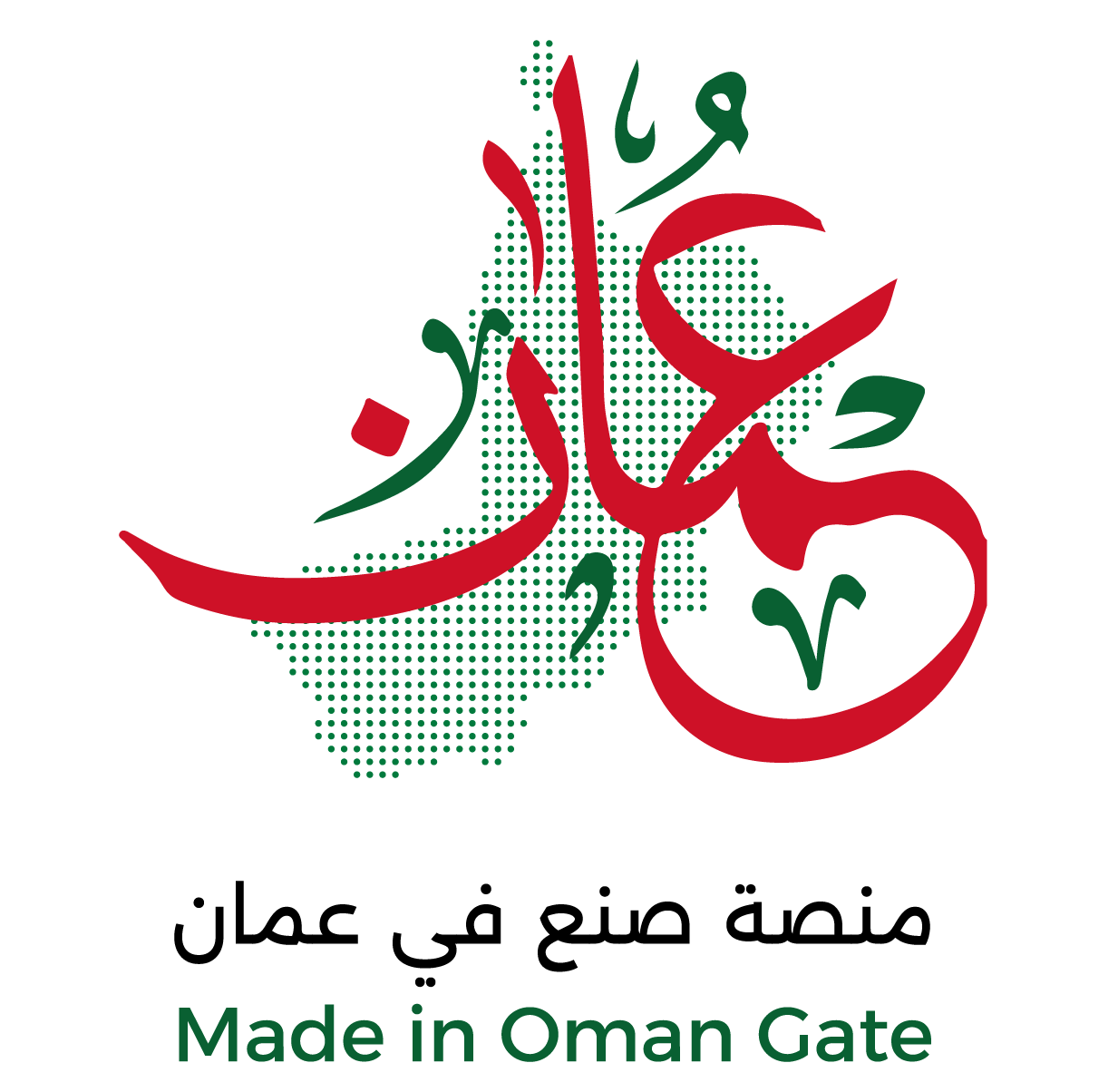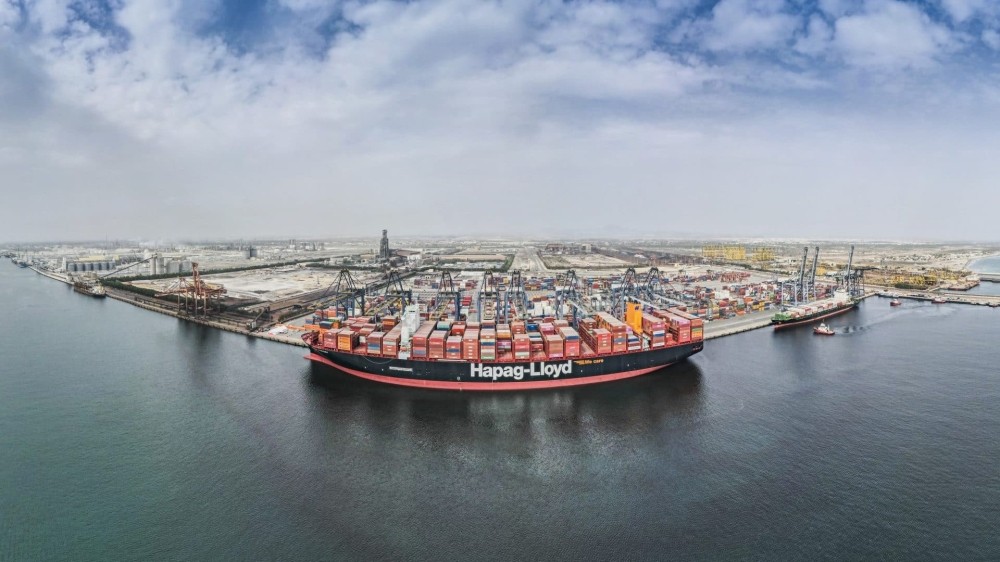As the world intensifies efforts to decarbonise, ports are increasingly crucial in developing clean energy trade corridors. These commercial hubs are transforming from traditional logistics centres into key players in the energy transition, focusing on the production, storage, and export of clean energy. In Oman, SOHAR Port and Freezone (SOHAR) is at the forefront of this transformation, becoming a leader in hydrogen production and green energy trade. In an interview with Oman Observer, Dr Abdullah bin Sulaiman al Abri, Vice-President of Sustainability, highlights the role of ports in driving clean energy innovation and supporting a low-carbon global economy.
Building the infrastructure for clean energy
A port’s success in clean energy relies heavily on its infrastructure. With the rising demand for hydrogen, ports with advanced capabilities are emerging as leaders. “Ports today are not just about logistics; they are hubs of innovation, especially in clean energy,” says Dr Al Abri. SOHAR Port, with its integrated infrastructure, is well-positioned to become a major player in the clean energy transition.
SOHAR has developed robust infrastructure for hydrogen production, aligning with global decarbonisation trends. “We have a diverse portfolio of industries producing key commodities like ammonia and methanol, both of which rely heavily on hydrogen,” explains Dr Al Abri. This positions SOHAR as a crucial link in the hydrogen supply chain, connecting producers with consumers in Europe and Asia.
In addition to hydrogen production, SOHAR leads in energy and resource efficiency, electrification, and carbon capture, utilisation, and storage (CCUS). These initiatives enhance the port’s competitiveness and set new standards in clean energy trade.
Innovative projects and decarbonisation initiatives
Innovative projects are key to solidifying SOHAR’s role in clean energy. A groundbreaking initiative is the construction of the MENA’s first liquefied natural gas (LNG) bunkering facility, crucial for maritime decarbonisation. “We are setting new standards for the shipping industry, particularly through our LNG bunkering facility, which will reduce emissions from global shipping routes,” says Dr Al Abri.
This project supports global efforts to decarbonise the maritime sector, a significant carbon emitter. By offering cleaner fuels to ships, SOHAR contributes to making shipping more sustainable. The port is also repurposing existing assets to expedite the energy transition, enhancing its role as a key export hub for clean energy. “Our focus is on leveraging what we already have, while investing in future-ready solutions,” Dr Al Abri notes. “By repurposing assets, we are able to stay competitive and offer our partners innovative, sustainable solutions.”
Hydrogen: The fuel of the future
Hydrogen is increasingly viewed as a cornerstone of the global energy transition, and ports like SOHAR are vital in its supply chain. “The hydrogen economy is set for rapid expansion, becoming a cornerstone of the global energy transition in the next decade,” explains Dr. al Abri. Ports are uniquely positioned to support the production and export of hydrogen as countries aim for net-zero targets.
Europe, Japan, and South Korea are key markets for hydrogen imports, with the European Union targeting 10 million tonnes of renewable hydrogen by 2030. This presents significant opportunities for ports in hydrogen-producing nations like Oman. “With our advanced infrastructure and global connectivity, SOHAR is well-positioned to supply clean hydrogen to key markets, supporting both local and global net-zero goals,” Dr Al Abri emphasises.
Supporting economic diversification and Oman Vision 2040
SOHAR’s clean energy efforts align with Oman’s national goals. Oman’s Vision 2040 aims to diversify the economy by reducing reliance on hydrocarbons, and SOHAR plays a central role in this mission. “We are driving non-hydrocarbon growth by developing a clean energy tech manufacturing cluster, which aligns with Oman’s Vision 2040,” explains Dr Al Abri.
This cluster includes industries such as photovoltaic manufacturing, polysilicon production, and wafer technology, all critical to solar energy systems. SOHAR is also exploring advanced battery production and carbon capture technologies, further diversifying its clean energy portfolio.
“By creating an integrated and high-tech environment, we are contributing to both Oman’s energy transition and its economic diversification,” says Dr. al Abri. The clean energy cluster is expected to attract significant foreign investment and create high-skilled jobs, positioning Oman as a leader in renewable energy manufacturing.
Collaboration for global energy security
Dr Al Abri underscores the importance of international collaboration in advancing the global energy transition, especially in the hydrogen market. “Energy transition, particularly the cross-border trade of clean and renewable hydrogen, requires deep collaboration between nations and industries,” he explains. This collaboration is crucial to overcoming challenges in the global hydrogen market, including regulatory standardisation and financing for large-scale projects. SOHAR’s global connectivity and partnerships with international players ensure it remains at the forefront of these discussions, facilitating the development of a unified global hydrogen market.
Source : Oman Observer


